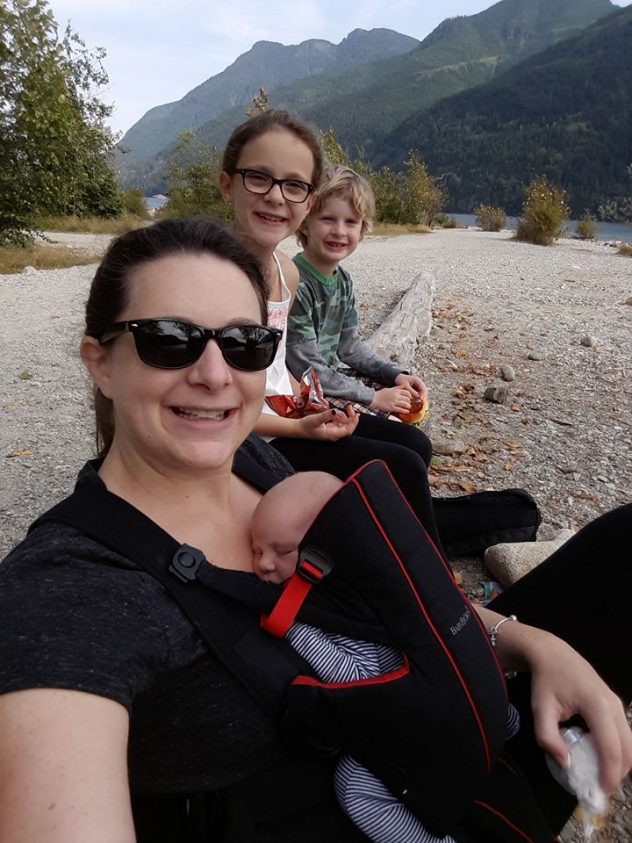Since the early 1970s educators in many countries have been responding to Imaginative Education (IE) in various ways—reviewing, critiquing, implementing, researching. The research on IE is diverse, as practicing teachers, professors of education, and educational researchers have examined the effectiveness of IE for use with PreK through Higher Education learners, and exploring the myriad implications of the IE approach for educational practice and curriculum change. Rather than offering a comprehensive database of all IE research, this page highlights some research affiliated previously with CIRCE and graduate programs in IE at Simon Fraser University.
This CIRCE page hosts some Action Research projects on a range of topics from graduate students in IE MEd programs and here are even more:
 Poetry And Prejudice: Literature As AntiRacist Education In An All-White School
Poetry And Prejudice: Literature As AntiRacist Education In An All-White School
By Marlene Roseboom
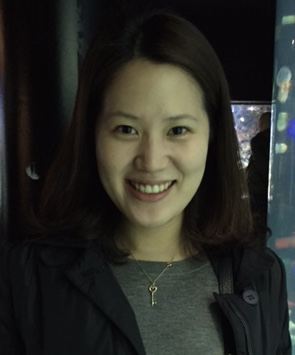 Imaginative Education And Individual Education Plans (IEP’s) For Students With Autism Spectrum Disorder
Imaginative Education And Individual Education Plans (IEP’s) For Students With Autism Spectrum Disorder
By Yearin Kim
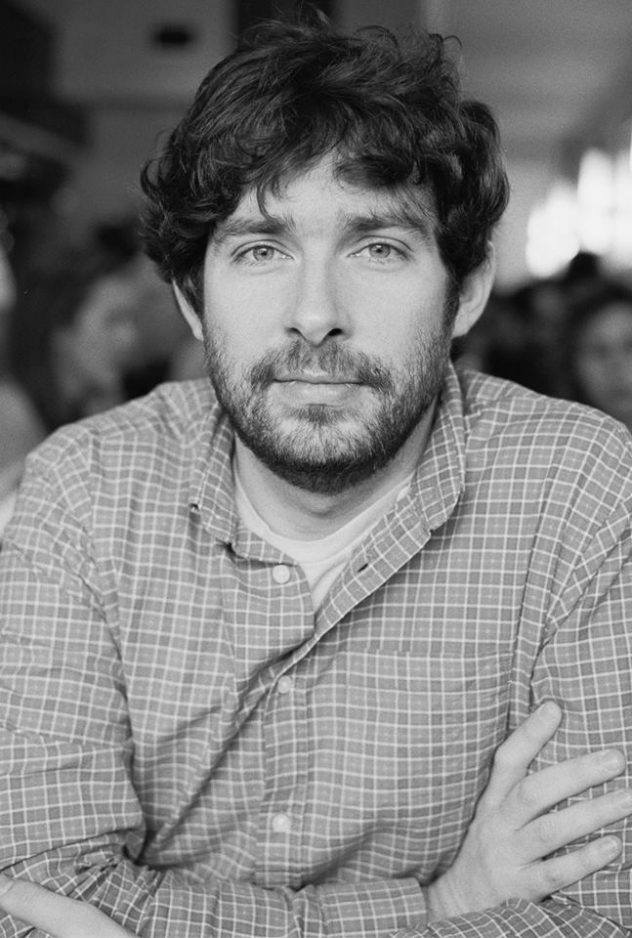
Using A Project Approach To Enhance Learning In Depth
By Clayton Stephens
 The Mighty Mole–A Love Story: Enlisting Learners’ Emotions In The Quest For Understanding
The Mighty Mole–A Love Story: Enlisting Learners’ Emotions In The Quest For Understanding
By Judy Dabideen-Sonachansingh
By Leone Payson
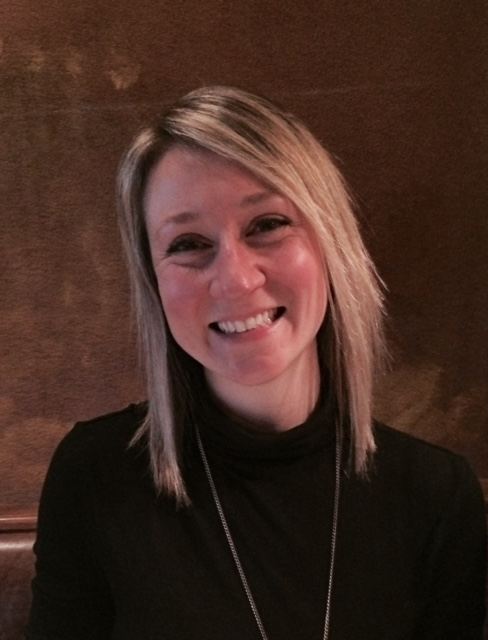 An Exploration Of How Formative Assessment And Self-Evaluation Can Empower Learners
An Exploration Of How Formative Assessment And Self-Evaluation Can Empower Learners
By Ashleigh Albach
 Learning In Depth: The Teacher’s Role
Learning In Depth: The Teacher’s Role
By Ryan Hughes
 Increasing Activeness: Cultivating Ecological Understanding In Kindergarten
Increasing Activeness: Cultivating Ecological Understanding In Kindergarten
By Andrea Leeburn
By Hannah Myles
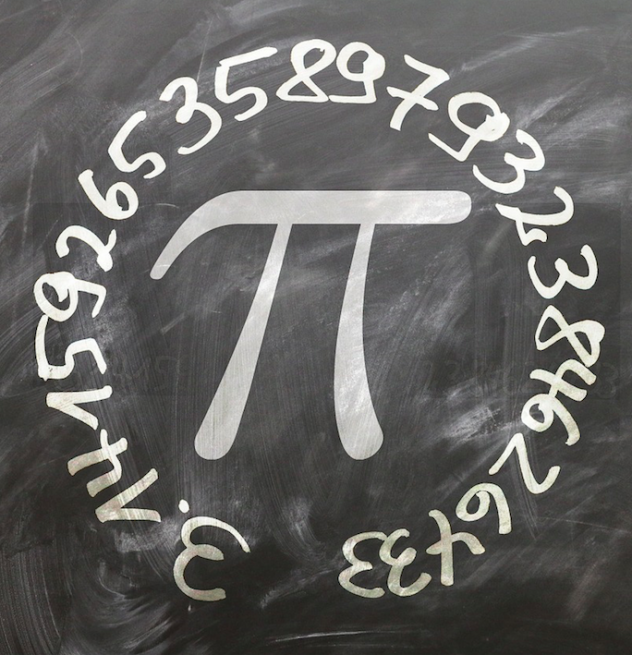 Problems Of The Week (Secondary Math)
Problems Of The Week (Secondary Math)
By Carley Brockway
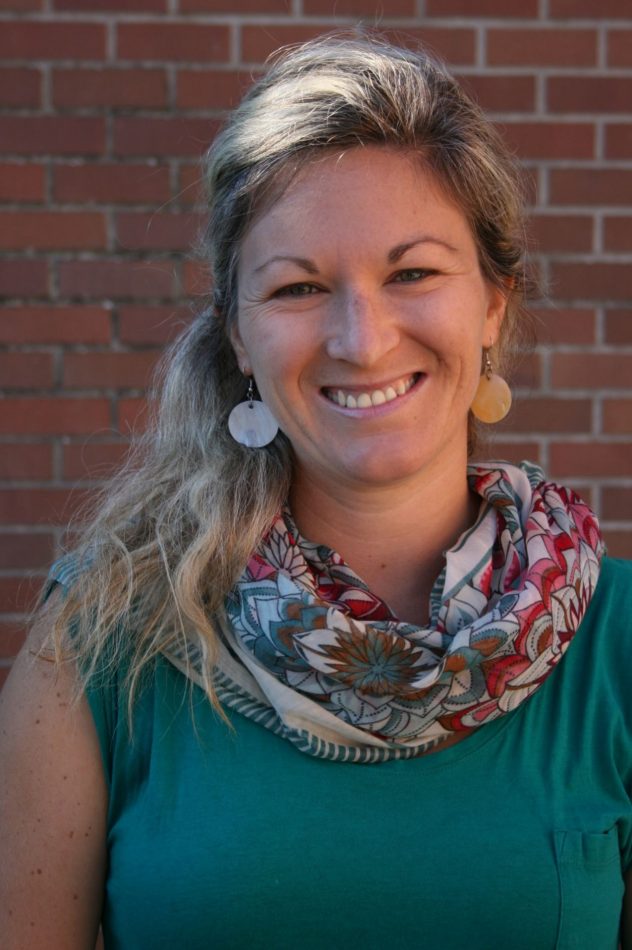 Integrating Aboriginal Perspectives And Knowledge Through Storytelling
Integrating Aboriginal Perspectives And Knowledge Through Storytelling
By Rachel Goshulak
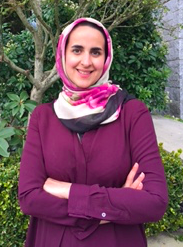 Engaging Teachers And Students In The Multicultural ESL Classroom: A Journey
Engaging Teachers And Students In The Multicultural ESL Classroom: A Journey
By Fatima Jalali-Tehrani
 Math Talk: Using An Oral Language Approach To Teach Time
Math Talk: Using An Oral Language Approach To Teach Time
By Debbie Stapleton
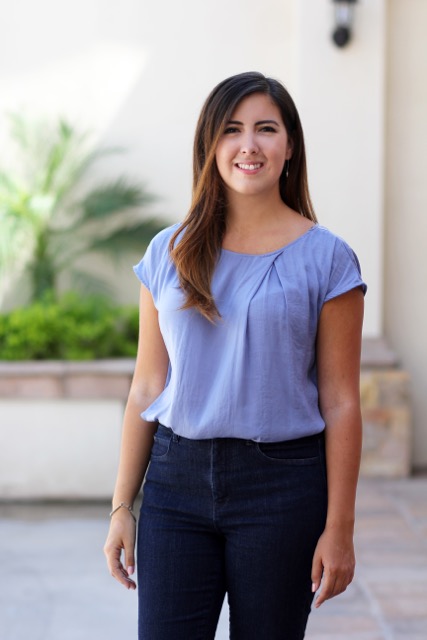 Implementing Imaginative Education Through Mentoring With An English As An Additional Language Focus
Implementing Imaginative Education Through Mentoring With An English As An Additional Language Focus
By Carolina Lopez
 Student Engagement: Experiencing The Joy Of Learning Through Learning In Depth
Student Engagement: Experiencing The Joy Of Learning Through Learning In Depth
By Terri Zolob
 Humour In Humanities: A Collection Of Teaching Anecdotes, Some Research, And An Examination Of Metacognition In A Grade 9 Classroom
Humour In Humanities: A Collection Of Teaching Anecdotes, Some Research, And An Examination Of Metacognition In A Grade 9 Classroom
By Wendy Johnston
 Teaching Social Media Through Metaphor
Teaching Social Media Through Metaphor
By Colin Morris
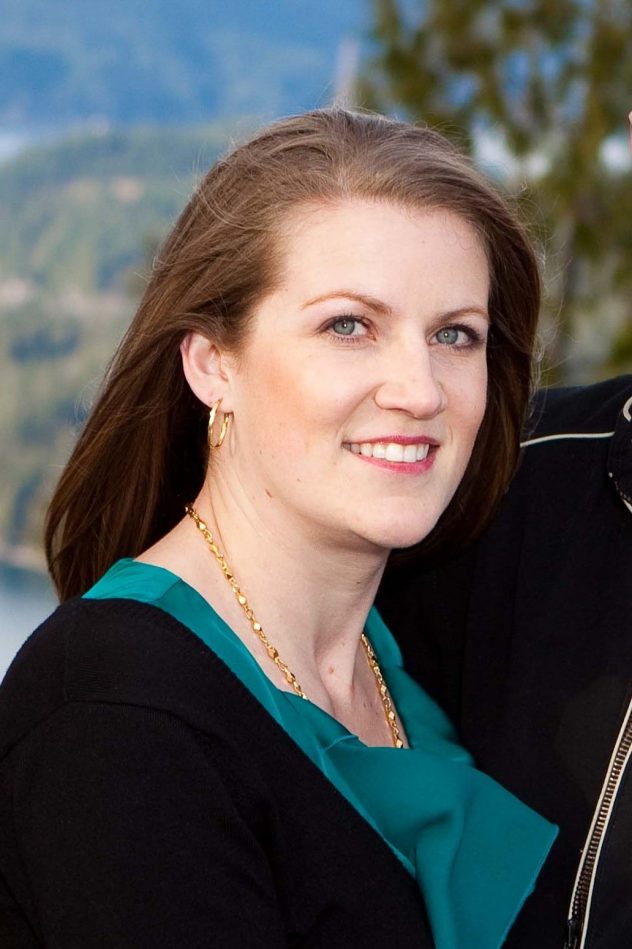
Literacy 2.0: Blogging To Develop Written Fluency In First Grade
By Lindsay Zebrowski
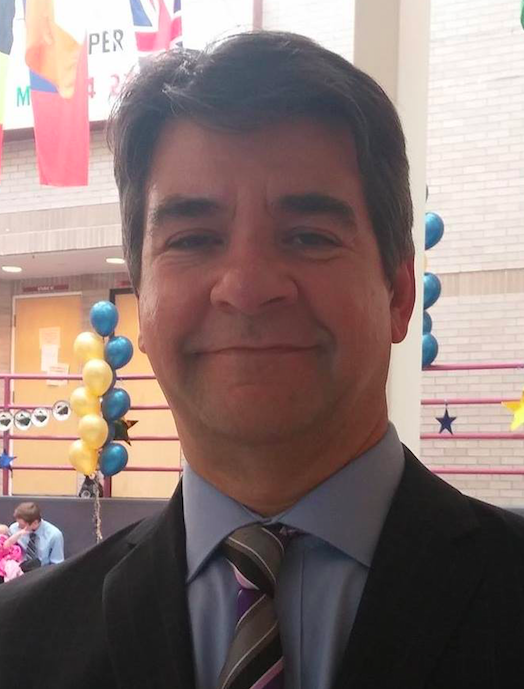 Overcoming Anxiety With The Cognitive Tools Of Imaginative Education And The Big Six Of Historical Thinking In An Alternative Social Studies Classroom
Overcoming Anxiety With The Cognitive Tools Of Imaginative Education And The Big Six Of Historical Thinking In An Alternative Social Studies Classroom
By Mark Maretic
 Finding Time For Professional Development
Finding Time For Professional Development
By Christa Rawlings
 Encouraging Independence During Learning In Depth Sessions To Allow For Individual Conferencing
Encouraging Independence During Learning In Depth Sessions To Allow For Individual Conferencing
By Kavita Hoonjan
By Karolina Barski
 Honouring Home Languages In The Kindergarten Classroom
Honouring Home Languages In The Kindergarten Classroom
By Shelley Sunner
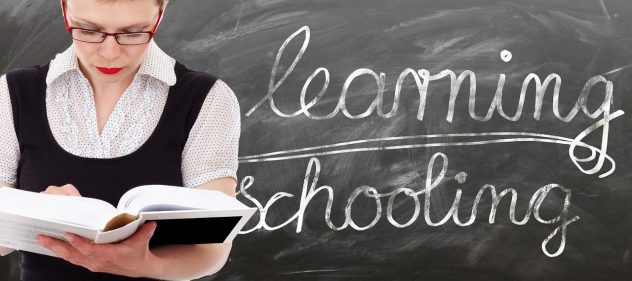
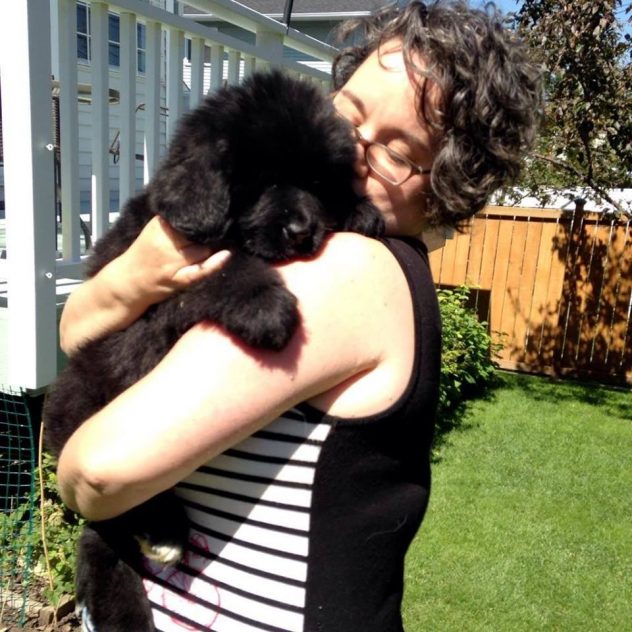 Unstructured Literacy Play: The Use Of Independent Literacy Stations Based On Imaginative Cognitive Tools To Help Early Intermediate Students Develop Their Voices As Writers
Unstructured Literacy Play: The Use Of Independent Literacy Stations Based On Imaginative Cognitive Tools To Help Early Intermediate Students Develop Their Voices As Writers